Fourth graders are learning the importance of communication. After each group uses their clean-up process, it is important that they communicate what they've discovered. This means that they share out not only what was really positive, but what also would need some work. Over the next couple weeks, fourth graders will be focusing on the practice of evaluating and communicating information. This means they will be discussing the benefits and the drawbacks of a particular process, as well as give insight into how they could improve their clean-up process. Here are some samples of student work!
|
What's the point of designing and testing a solution if you're never going to tell anyone about it? Fourth graders are learning the importance of communication. After each group uses their clean-up process, it is important that they communicate what they've discovered. This means that they share out not only what was really positive, but what also would need some work. Over the next couple weeks, fourth graders will be focusing on the practice of evaluating and communicating information. This means they will be discussing the benefits and the drawbacks of a particular process, as well as give insight into how they could improve their clean-up process. Here are some samples of student work!
With the results of their controlled experiment finalized, fourth graders had a chance to really analyze which materials were best at either absorbing or containing oil.
Our next steps...to imagine various solution to our oil spill clean up. There's a catch, however. Real oil spill clean up processes cost millions of dollars. So besides a materials constraint for this problem, fourth graders will be given a cost constraint as well. With only $20 million to spend, they are quickly seeing how they need to choose their materials wisely in order to get the best results. Think $20 is a lot? Well every time they use a cotton ball, Mrs. Brinza will be charging them $2 million, so the money will go fast! Check out some of their imagined solutions below! |
Mrs. BrinzaHow do you impact the environment every day? Where do you put your trash? Do you recycle? How do you use energy in your life? Archives
January 2015
Categories |
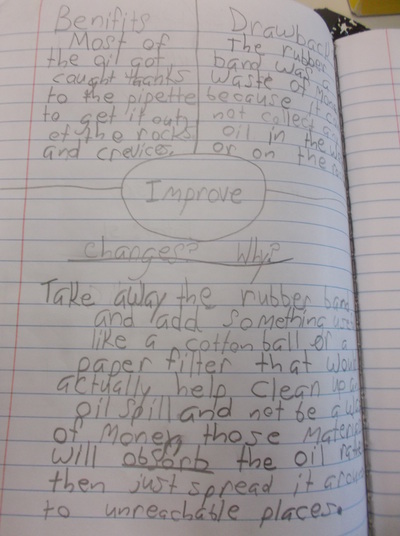
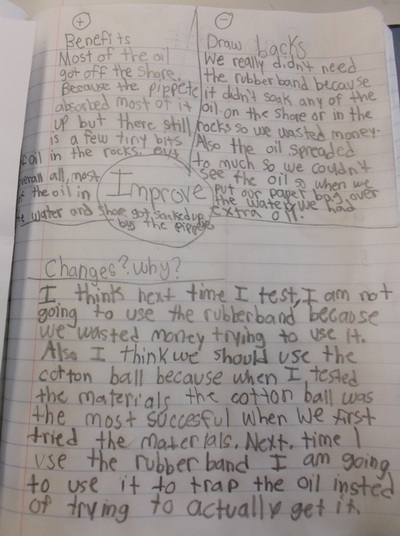
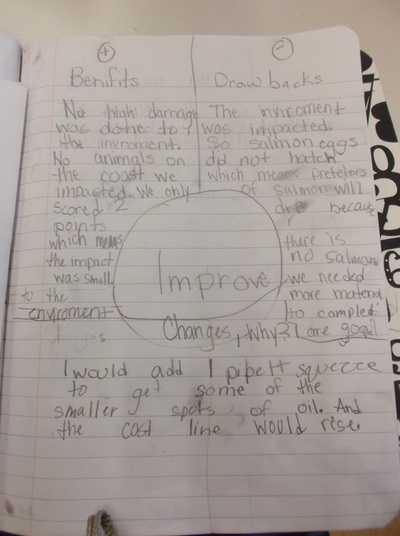
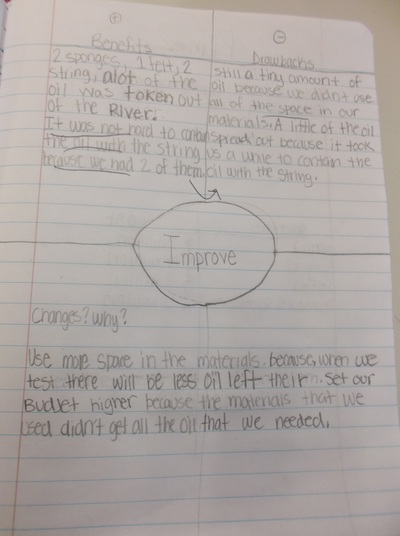
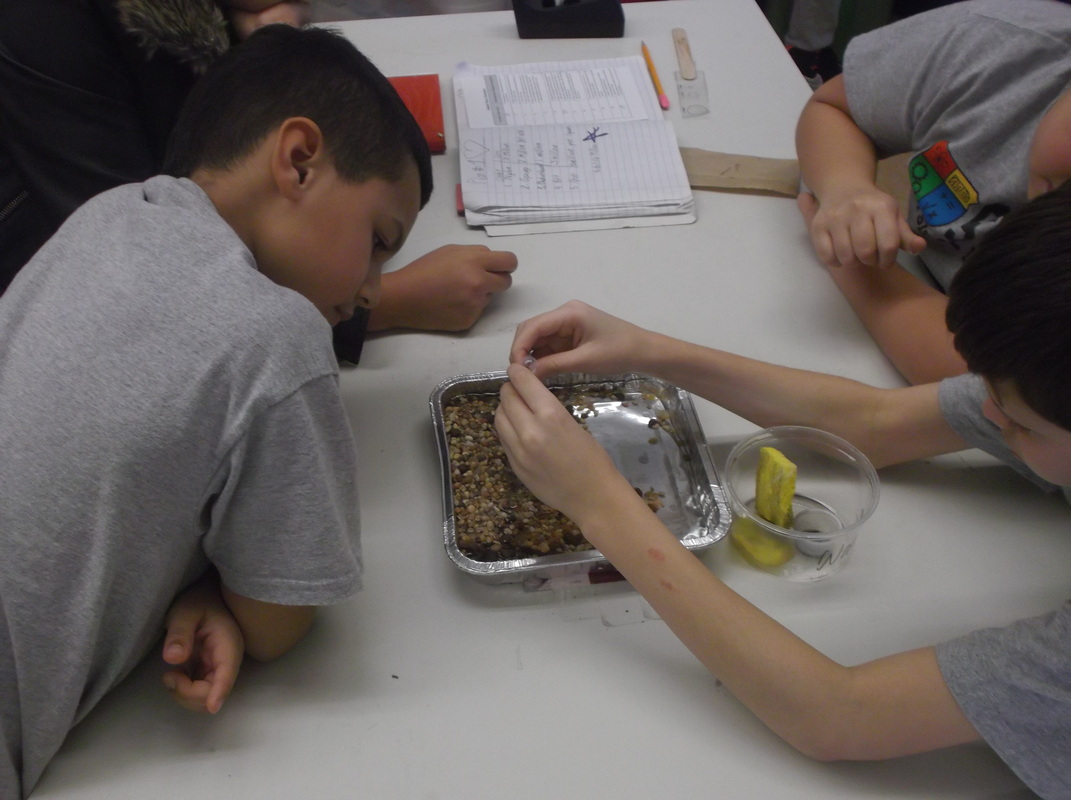
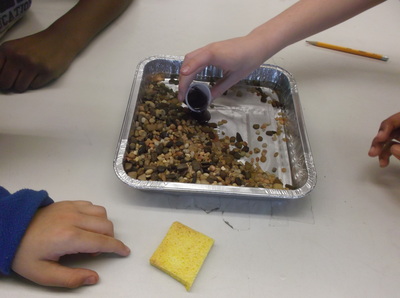
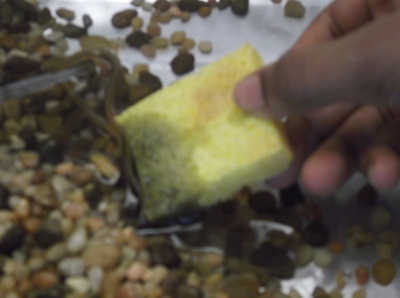
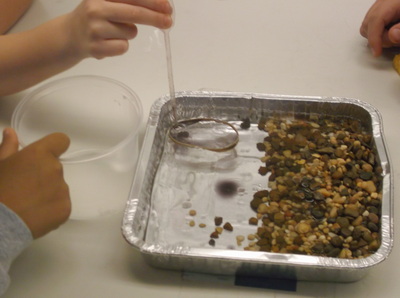
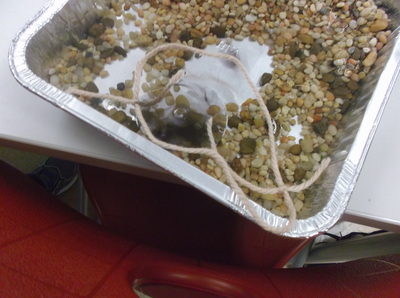
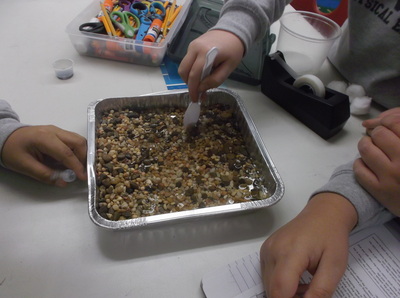
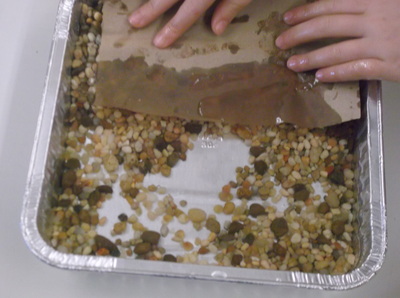
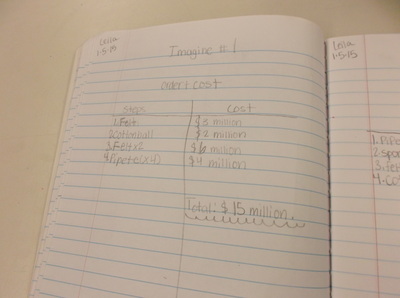
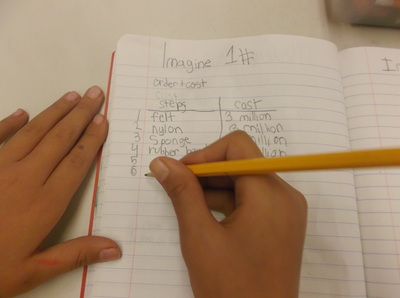
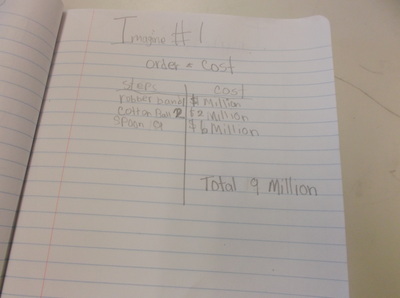
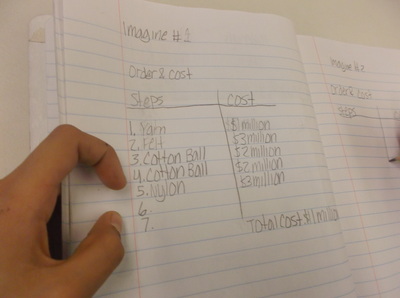
 RSS Feed
RSS Feed